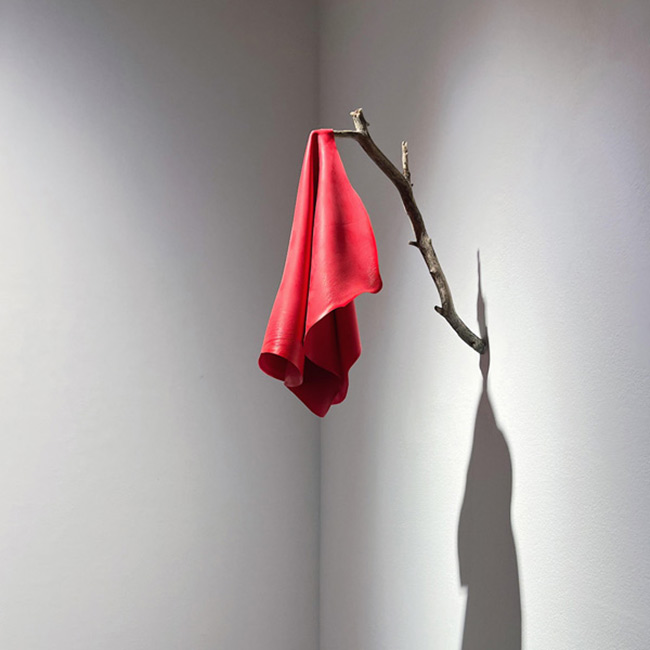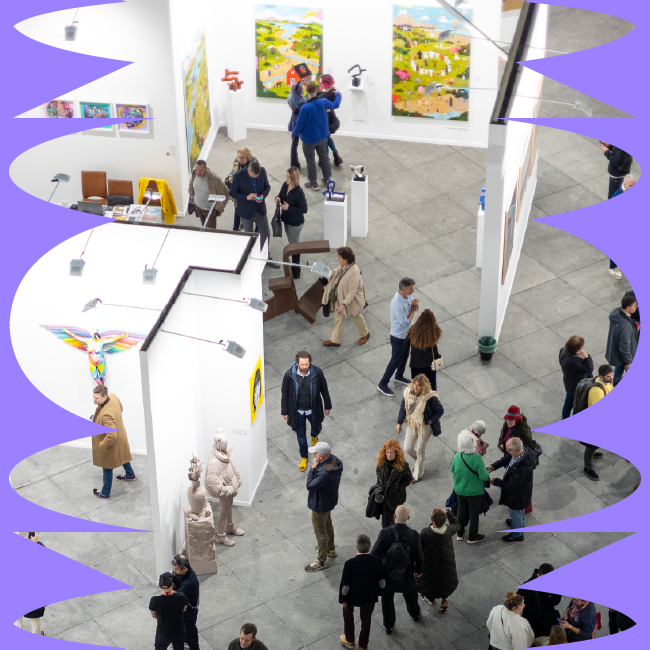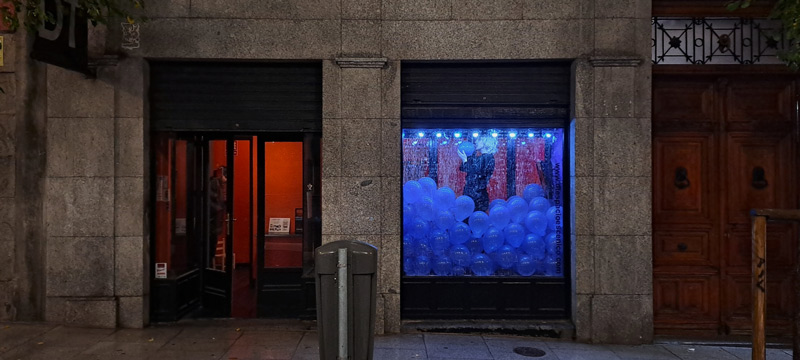CULTURE AND PRECARIOUSNESS
Oct 3, 2019
Breaking News
It seems that the cultural sector is reluctant to abandon its almost endemic precariousness. Since the crisis made its appearance a decade ago, the blows are still there, though they adopt, it’s true, different forms and produce consequences of very different nature. In turn, culture, as such, is still a sector of economic content, subject to the same avatars as the other areas of activity, and a sphere in which the same patterns of inequality and imbalance perceived in other business fields repeated.
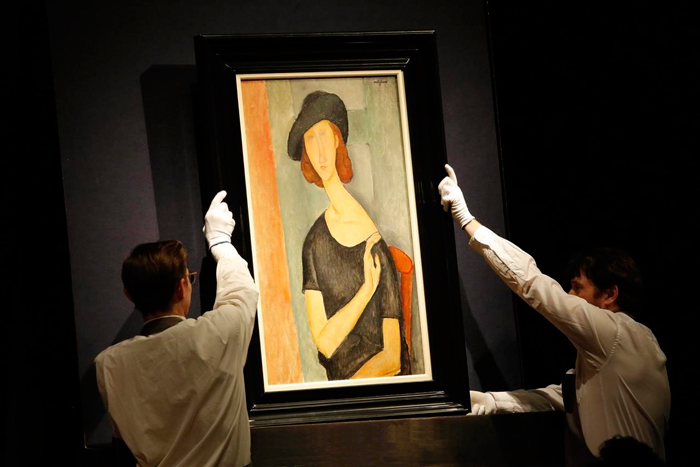
The professionalisation of culture has led to a high degree of specialisation of the profiles, giving light to new lines of activity that a few years ago were completely unknown. In parallel, consumption habits, the way of approaching art and the place that exhibition spaces had traditionally occupied have had to adapt to a change in circumstances. This evolution is motivated not only by the prevailing economic situation, right after the new millennium started, but also by the beginning of a period of transition in which a generational change comes together with a deep social identity crisis. This gap in the sense of belonging and the path towards a dehumanising individualism poses numerous challenges, and more so in an area such as culture, whose reason for being rests with the individual and his development in society. Many of these turning points usually coincide with significant world milestones, such as, without a doubt, the beginning of a new century, a situation that in our case came along with a technological revolution that opens up new ways of exploration but also contributes to deepening the uncertainty of our immediate context.
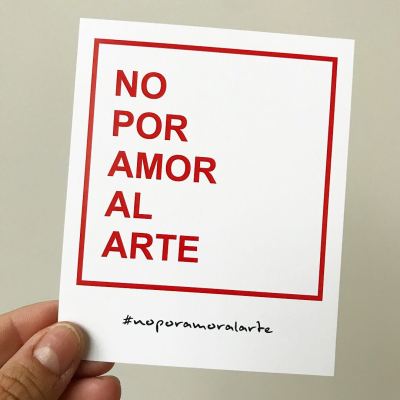
All these changes don’t imply a strengthening of the profession or a revaluation of the work done. Although some slightly hopeful data emerge every year, a joint analysis shows that culture remains a very precarious sector that feeds on the passion of those who want to keep it alive. Paradoxically, there is an exploitation of our culture by tourism. The increasing volume of visitors that come to our country every year is a good indicator that, in addition to the excellent weather and the gastronomic variety, our cultural wealth plays a decisive role in. However, mechanisms to achieve a better distribution of these revenues or systems that serve to put culture in its place are not enhanced.
Other contradictions also coincide: the cultural sector is one of the most demanding in terms of required training and specialisation. 69.3% of cultural workers have higher education, compared to 42.9% of the national average (Yearbook of Cultural Statistics MCD 2018), a circumstance that is not accompanied by higher salary compensation. Likewise, there is a slight increase in employment generation (3.6% of the national total), although the number of single enterprises or self-employed is 64.7% and temporary contracts have increased by 19.4% since 2017. Thus, these data draw a sensitive, poorly resistant and depleted panorama to fight against setbacks.
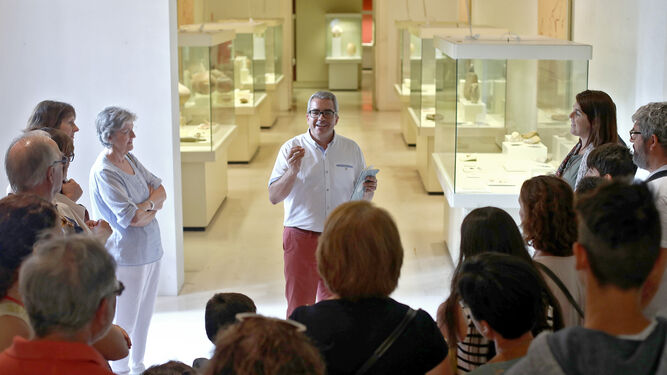
To make it worse, this sector replicates some of the imbalances seen in other economic areas: 60.9% of workers are men, and the remaining percentage are women. This could be an inner feature without major significance, as we know that in other sectors it happens in reverse; but the gap is noticed because there is a high percentage of artists who decide to establish themselves professionally abroad, where they get stability and better pay. A recent study carried out by Marta Pérez-Ibáñez and Isidro López-Aparicio on the situation of Spanish female artists (“Women artists and job insecurity in Spain. Analysis and comparison based on a global study”, Revista Arte, Individuo y Sociedad, vol. 31 (4), 2019) shows that 60% of them move abroad, of which 75% are under 40 years old. It also highlights the data collected on income, where 46.9% of the artists declare to obtain less than € 8,000 per year.
With all this, it is clear that the cultural sector has to face many future challenges, not only to overcome the difficulties inherent to its economic sensitivity, but also to many other circumstances that require a response more in line with the new times and the course of historical events. We will be here working to contribute to this (r)evolution.






